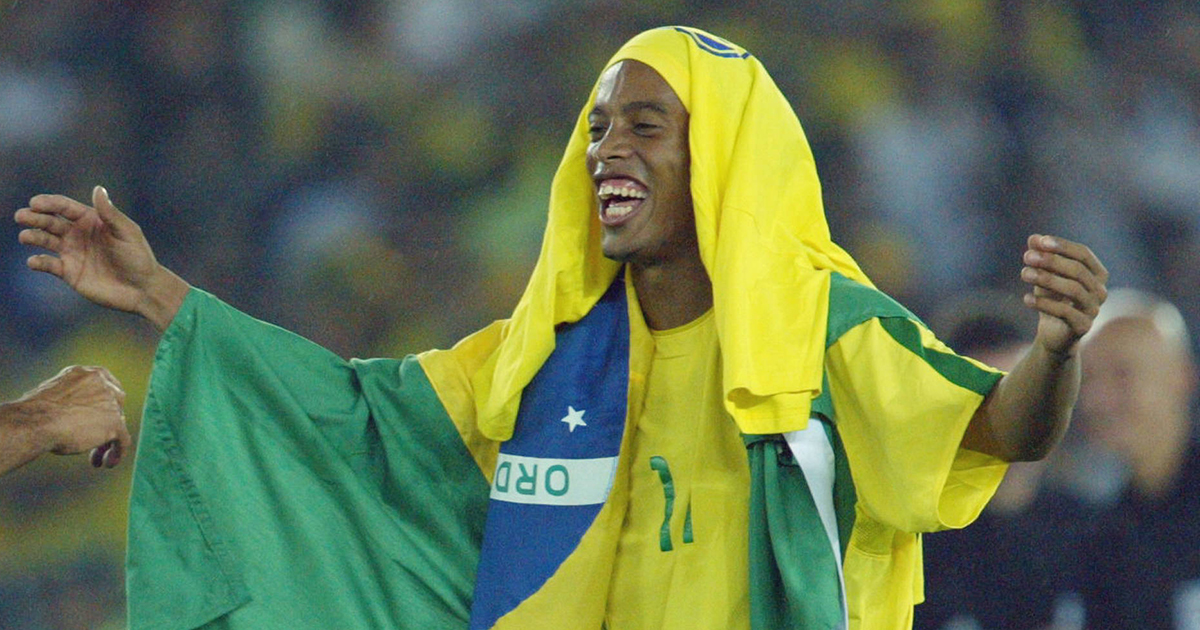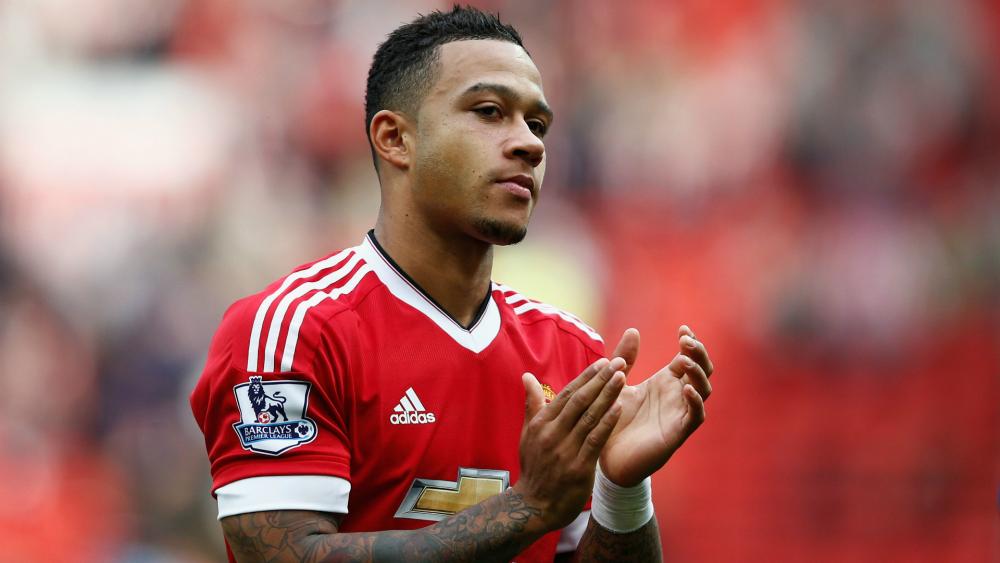The ridiculous new reason players will get yellow cards in Brazil and the former Premier League star who inspired the rule
An ex Manchester United forward sparked a mass brawl and the football authorities have taken action against his offensive move

Brazilian football is famed for its flair and occasional bouts of showboating but the underlying spirit of tricks and flicks can rub opponents up the wrong way.
The desire to cheekily embarrass the opposition is laced into every nutmeg and dummy, and the Brazil Football Federation (CBF) took exception to a particular move that led to a brawl on the field last month.
Corinthians won their Paulista A1 final courtesy of a 1-0 victory in the first leg against Palmeiras. The second ended with two red cards and nearly 20 minutes of stoppage time.
‘I went to Brazil to experience Joga Bonito’

The incident was triggered by former Manchester United, Barcelona, PSV and Lyon forward Memphis Depay, who pretended to cross the ball in time added on and stood on the ball with both feet instead.
Chaos ensued. Depay’s team-mate Jose Martinez was sent off along with Palmeiras substitute goalkeeper Marcelo Lomba, and the CBF has had enough.

Standing on the ball with both feet will now result in a yellow card for the offending player and an indirect free kick for the opposition.
It hasn’t yet been made clear whether performing a salute at the same time will be considered an aggravating factor.
Get FourFourTwo Newsletter
The best features, fun and footballing quizzes, straight to your inbox every week.
The CBF announced the ban in a letter to Brazilian clubs, which declared that it is “provocation to a rival” and disrespectful to the game to stand on the ball.
Banning the gesture is a knee-jerk reaction to the consequences of Depay’s taunt against Palmeiras and effectively amounts to a tacit justification of the angry response that followed.

Depay, now 31, posted his own reaction on X (formerly known as Twitter).
“I really went to Brazil to also experience Jogo Bonito [the beautiful game] first-hand, but now the CBF announced yesterday that no player can stand on the ball or the player will receive a yellow card,” he wrote.
“Not that it is such an important factor in football but I don’t see the issue here. There is so much talent over here. The joy and passion in the way of expressing ourselves on the field shouldn’t be limited.”
Netherlands international centurion Depay moved to Corinthians from Atletico Madrid in September.
The Campeonato Paulista win delivered his first trophy in Brazil, adding to league titles he won with PSV and Barcelona.
Chris is a freelance writer and the author of the High Protein Beef Paste football newsletter. He's based in Warwickshire and is the Head of Media for Coventry Sphinx.

